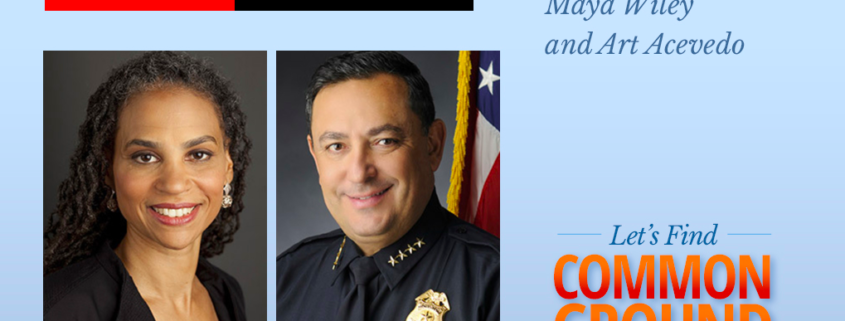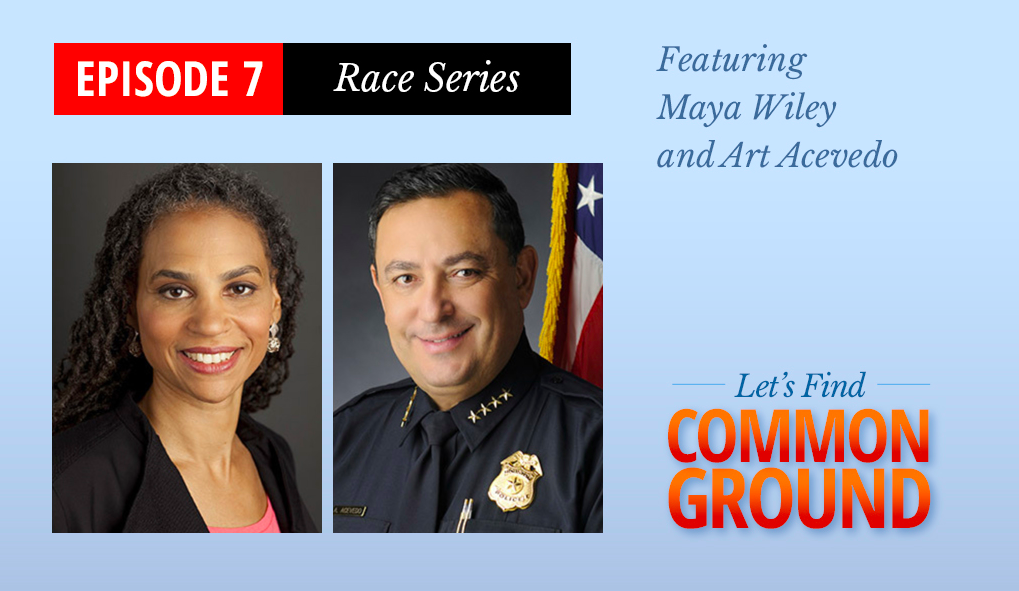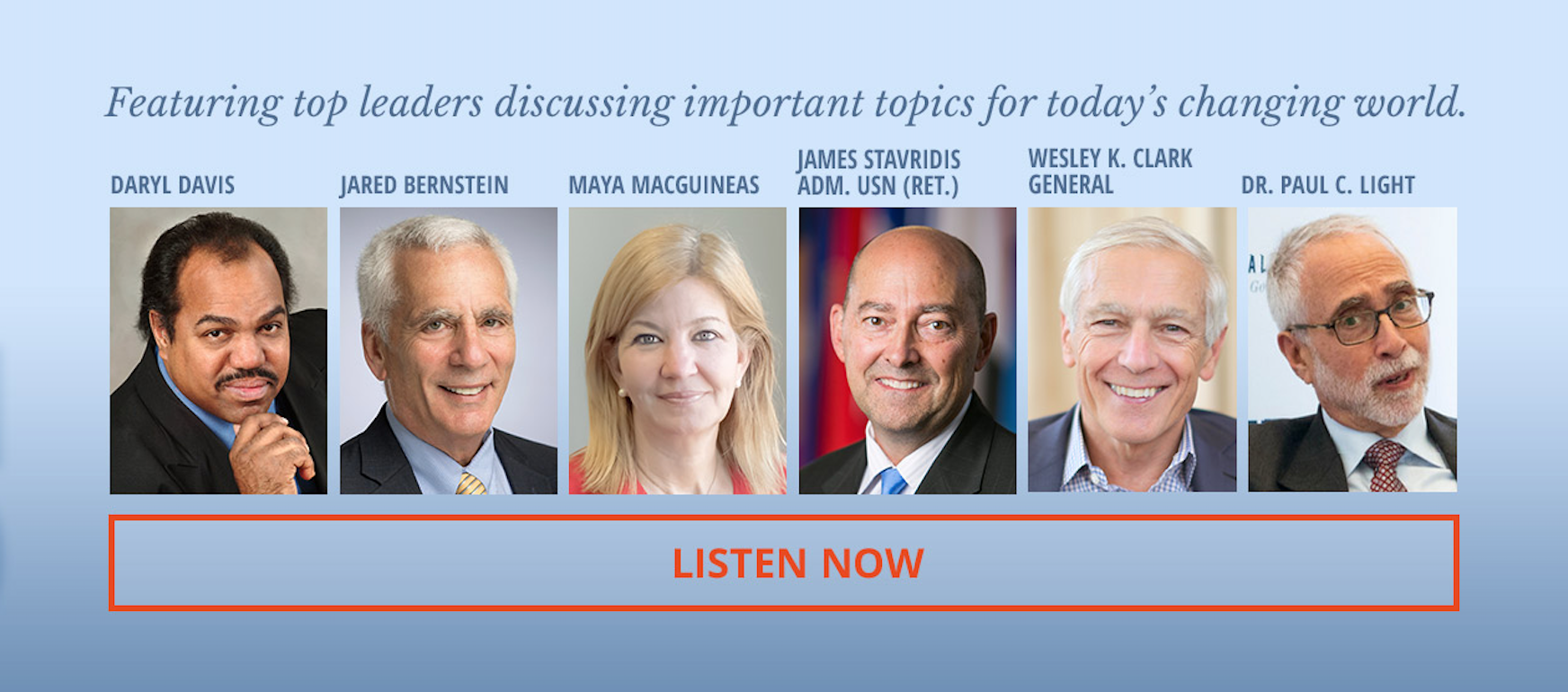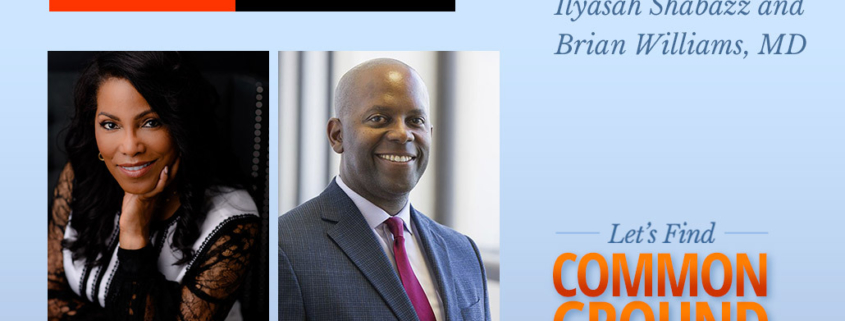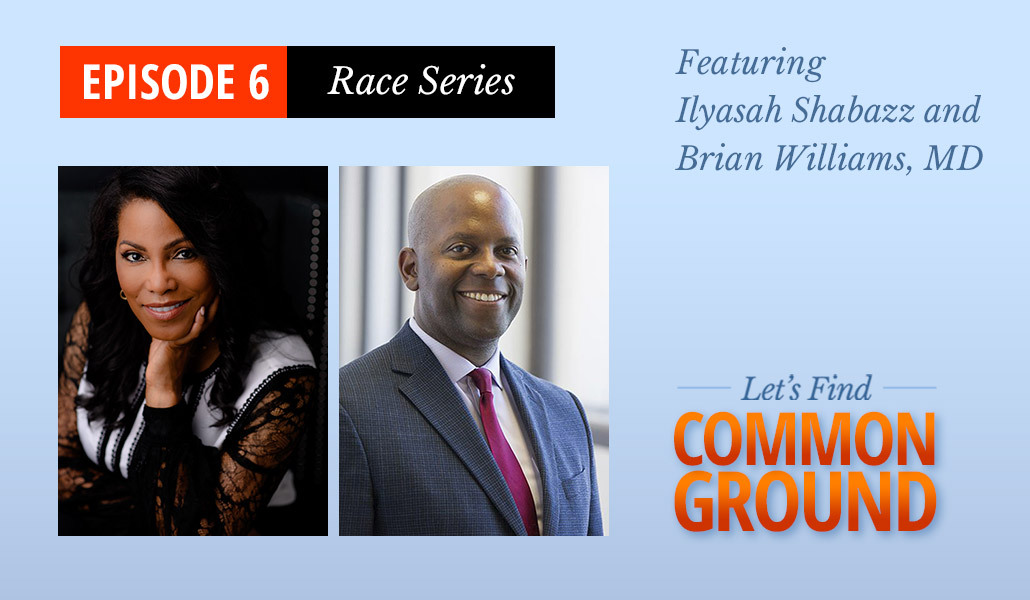How to Take Direct Action Against Hate
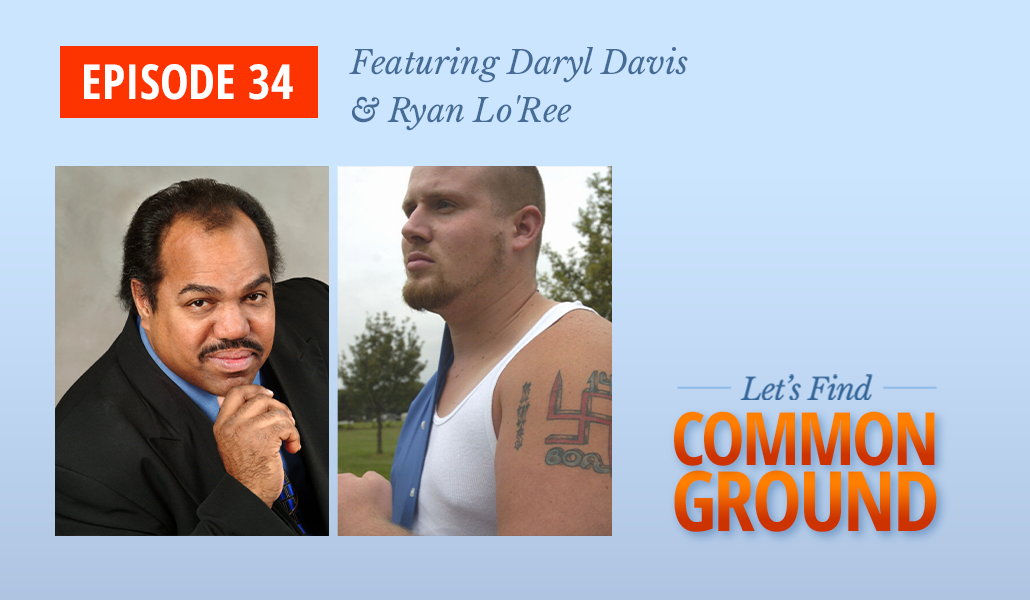
Subscribe to the Podcast
What motivates people to leave hate groups? Hear from a race reconciliator and a former white supremacist.
What steps are needed to cause people to leave white supremacists and other hate groups of their own volition? In this deeply personal podcast episode, we explore the tactics and commitment needed to be successful in this work.
Daryl Davis, an award-winning Black musician, race reconciliator, and renowned lecturer, has used the power of human connection to convince hundreds of people to leave white supremacist groups. His fellow guest, Ryan Lo’Ree, a former white supremacist, is now an interventionist working to deradicalize people who have been lured into right and left-wing extremism.
These two men, who came from very different backgrounds and belief systems, discuss their life experiences, lessons learned in their work, and what motivates them to convince people to change their convictions.
Watch the recording of the Common Ground webinar with Daryl and Ryan: “Turning Racism and Extremism into Hope and Healing.”
Listen to our 2020 podcast with Daryl: “KKKrossing the Divide – A Black Man Talks With White Supremacists.”
Read Nicholas Kristof’s profile of Daryl in The New York Times— “How Can You Hate Me If You Don’t Even Know Me?”
Read the Episode Transcript
Ep. 34: How to Take Direct Action Against Hate
Daryl Davis
Award-winning musician Daryl Davis earned a degree in Jazz and tours nationally and internationally with The Daryl Davis Band. He is also the first Black author to interview KKK leaders and members, detailed in his book, Klan-Destine Relationships. Today, Davis owns numerous Klan robes and hoods, given to him by active members who renounced their racist ideology after meeting him. As a race reconciliator and lecturer, he has received numerous awards and is often sought out by news outlets as a consultant on race relations and white supremacy.
Ryan Lo’Ree
Ryan Lo’Ree, Light Upon Light Interventionist and Program Specialist, was once a right-wing extremist with the Rollingwood Skins, a Michigan-based offshoot of the largest Nazi movement in the United States. To finance these efforts, Ryan found himself in trouble with the law. After Ryan’s incarceration, he went through a process of transformation and healing centered around trauma associated with sexual, physical, and mental abuse he endured from male family members. Ryan has helped to pull dozens of former extremists out of hate groups in Michigan.
Want to hear more? Check out our podcast page to see all the discussions!

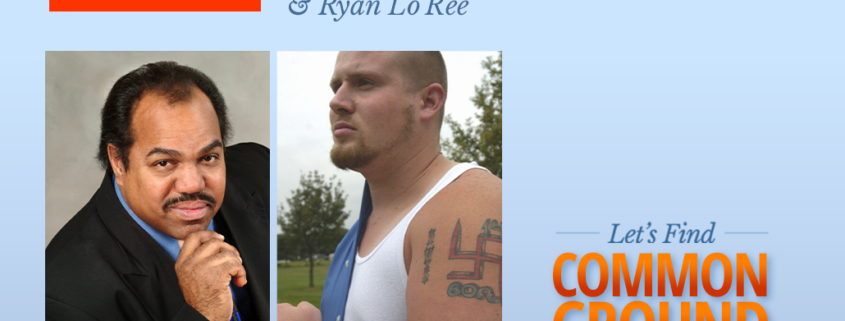




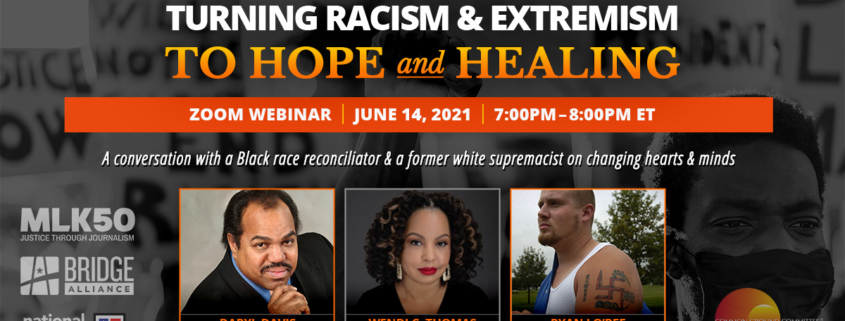




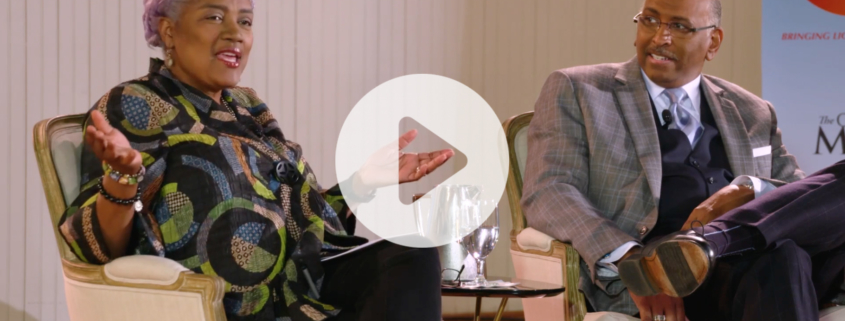
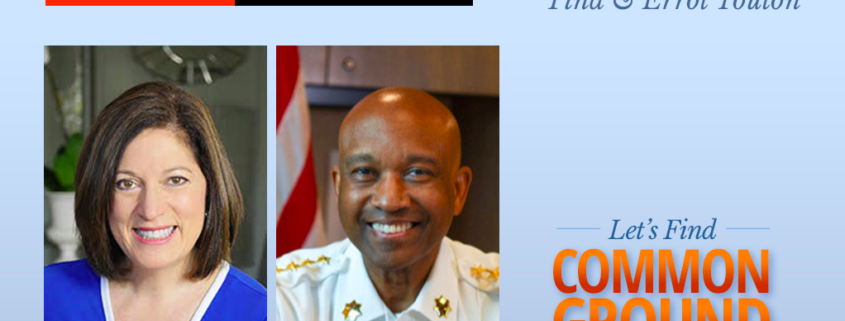
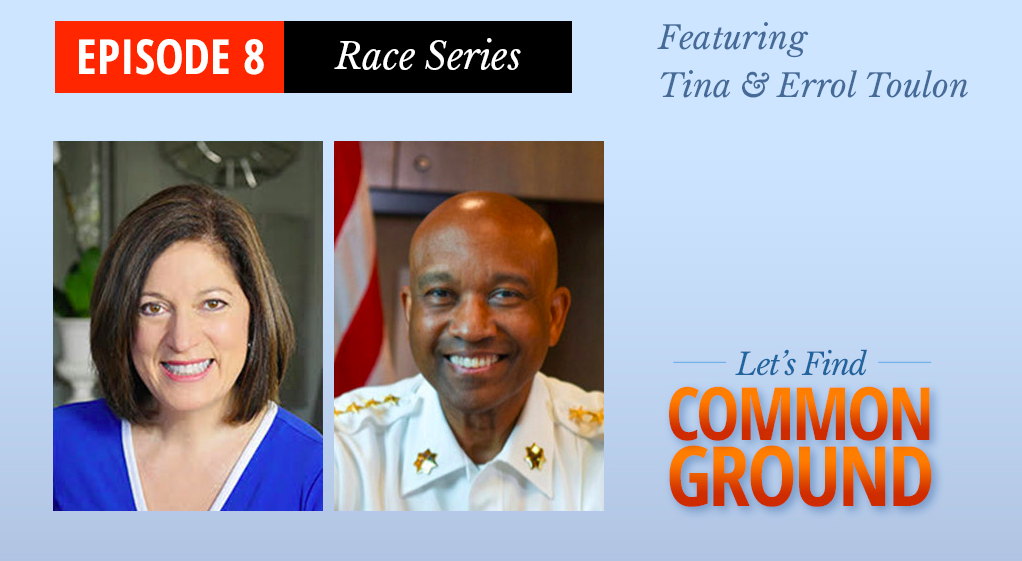
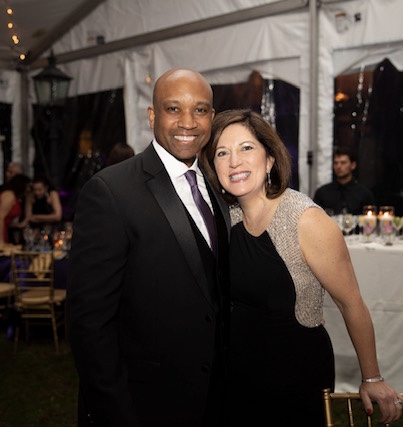 The need to find common ground for improving race relations has taken on new urgency with recent protests, and demands for profound change in America.
The need to find common ground for improving race relations has taken on new urgency with recent protests, and demands for profound change in America.